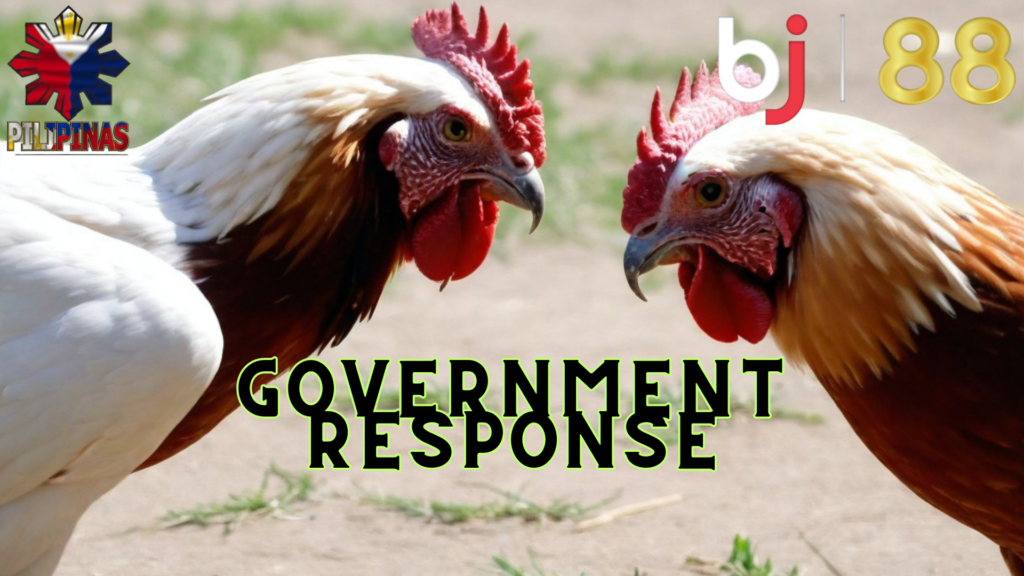In the Philippines, cockfighting, known locally as “sabong,” has been an integral part of the cultural and social fabric for centuries. Traditionally held in local arenas called “cockpits,” this ancient sport has adapted to the digital age, giving rise to “online sabong.” This evolution has not only broadened the reach of the sport but also introduced new dimensions to its practice, bringing both opportunities and challenges.

Sabong has deep historical roots in the Philippines, dating back to pre-colonial times. It was a pastime enjoyed by all classes, from commoners to nobility, often associated with festivities and community gatherings. The traditional sabong involves two gamecocks, bred and trained for fighting, pitted against each other in a small ring while spectators place bets on the outcome. The sport’s cultural significance is evident, as it reflects the Filipinos’ competitive spirit and social bonding rituals.

The digital transformation of sabong began to take shape in the late 2010s, driven by advancements in technology and increased internet accessibility. Online sabong platforms offer a virtual arena where enthusiasts can watch live-streamed cockfights, place bets, and interact with other aficionados. This shift has made the sport more accessible, allowing people from different parts of the country—and the world—to participate without being physically present at the cockpit.

Accessibility: Online platforms have democratized sabong, making it accessible to a wider audience. Enthusiasts who are unable to travel to traditional cockpits can now enjoy the sport from the comfort of their homes.
Convenience: The convenience of online betting and live streaming has significantly enhanced user experience. Participants can easily place bets and watch matches in real-time through their computers or mobile devices.
Economic Opportunities: Online sabong has opened new economic avenues, from the breeding and training of gamecocks to tech jobs in platform management and development. The industry also generates revenue through advertising and sponsorship deals.

Despite its growing popularity, online sabong is not without its challenges and controversies:
Regulation and Legality: The legal status of online sabong remains a contentious issue. While traditional sabong is regulated under the Cockfighting Law of 1974, the online variant operates in a more ambiguous legal space. This has prompted calls for clearer regulations to address issues such as fair play, fraud prevention, and taxation.
Ethical Concerns: Animal rights activists have long opposed cockfighting due to its inherent cruelty. The transition to online platforms has not mitigated these concerns. On the contrary, it has intensified debates about animal welfare and ethical considerations surrounding the sport.
Gambling Addiction: The ease of access and anonymity offered by online sabong platforms can exacerbate gambling addiction. The lure of quick money and the excitement of live betting can lead to financial problems for individuals and families.

In response to the rise of online sabong, the Philippine government has taken steps to regulate the industry. The Philippine Amusement and Gaming Corporation (PAGCOR) has been tasked with overseeing online gambling activities, including online sabong. Efforts are underway to establish clear guidelines and ensure that operators adhere to responsible gaming practices and contribute to government revenues through taxes and fees.

The future of online sabong in the Philippines appears promising but hinges on effective regulation and the balance between tradition and modernity. As technology continues to advance, the industry is likely to evolve further, potentially incorporating augmented reality (AR) and virtual reality (VR) to enhance user experience. However, addressing the ethical, legal, and social implications will be crucial to ensuring that the sport remains a respected and sustainable part of Filipino culture.
Conclusion
Online sabong represents a fascinating intersection of tradition and technology in the Philippines. While it offers numerous benefits, including greater accessibility and economic opportunities, it also poses significant challenges that require careful consideration and regulation. As the sport continues to adapt to the digital age, finding a balance that respects cultural heritage, ethical standards, and modern sensibilities will be key to its sustainable future.

